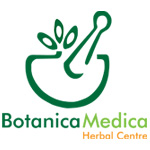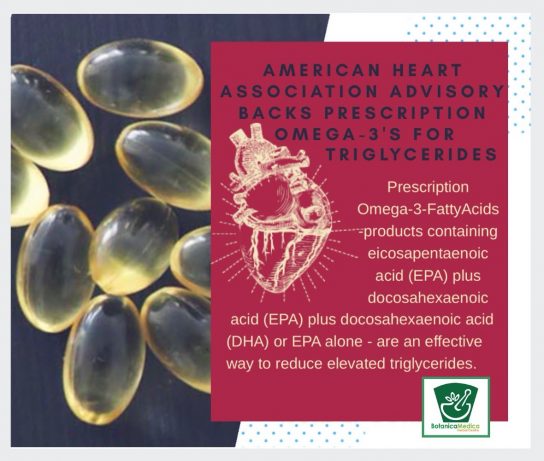AHA Advisory Backs Prescription Omega-3s for Triglycerides
Prescription omega-3 fatty acids — products containing eicosapentaenoic acid (EPA) plus docosahexaenoic acid (DHA) or EPA alone — are an “effective and safe” way to reduce elevated triglyceride levels when used alone or with other lipid-lowering therapy, according to a science advisory from the American Heart Association (AHA).
The triglyceride-lowering efficacy and generally excellent degree of safety and tolerability of prescription-strength omega-3 fatty acids make them “valuable tools for healthcare providers,” write Ann Skulas-Ray, PhD, Department of Nutritional Sciences, University of Arizona in Tucson, and colleagues on the advisory panel.
Dietary supplements containing omega-3 fatty acids, which are not regulated by the US Food and Drug Administration ((FDA) equivalent to our TGA), should not be used in place of prescription medication for the long-term management of high triglyceride levels, they say.
The advisory was published online August 19 in Circulation.
Triglyceride Lowering and CV Protection
The 2002 AHA scientific statement on fish and omega-3 fatty acids recommended increased intake of dietary omega-3 plus dietary supplements to achieve a level of 2 to 4 g/day of omega-3 fatty acids (referring to the total amount of EPA and DHA) for triglyceride lowering under the supervision of a physician. At the time, no prescription omega-3 fatty acids were available.
Since then, two prescription omega-3 fatty acid medications have become available in the United States. One combines EPA and DHA (Lovaza, GlaxoSmithKline). The other provides EPA only (Vascepa, Amarin). They are indicated for treating very high triglyceride (VHTG) levels (≥500 mg/dL), although these agents are also widely used for hypertriglyceridemia (triglyceride levels of 200 – 499 mg/dL), the advisory panel notes.
The advisory summarizes the lipid and lipoprotein effects resulting from use of pharmacologic doses of omega-3 fatty acids on the basis of new scientific data and the availability of these agents.
Prescription omega-3 fatty acids at the FDA(equivalent to our TGA)-approved dose of 4 g/day are safe and are generally well tolerated, the advisory states. In clinical trials of adults with very high triglyceride, EPA+DHA at this dose reduced triglycerides by ≥30% and concurrently increased low-density lipoprotein (LDL) cholesterol levels, whereas EPA alone did not increase LDL cholesterol.
For patients with very high triglyceride, the goal of therapy is to lower triglyceride levels to <500 mg/dL and to lessen the risk for pancreatitis, although this may not be achieved with omega-3 fatty acid monotherapy. Additional triglyceride-lowering pharmacologic treatment may be needed, the panel says.
For patients with triglyceride levels from 200 – 499 mg/dL, prescription omega-3 fatty acids at a dose of 4 g/day reduce triglyceride levels by 20% to 30% without significantly increasing LDL cholesterol, they note. For these patients, EPA alone and EPA+DHA are roughly comparable for lowering triglyceride levels.
At Botanica Medica our Naturopaths are well aware of the importance of taking the right supplements in the correct dosage and the effect it can have on your life both physically and mentally. They come across lots of interesting studies and are always updating their knowledge. If you would like to make an appointment with one of our Naturopaths call Botanica Medica on 8271-1827 today. They are only to happy to share the knowledge they have gained through their studies and patient outcomes, and get you feeling better. Botanica Medica is located at 97 Glen Osmond Road, Eastwood and appointments are available Monday to Saturday including some after hours.
REFRENCES:
Megan Brooks August 23, 2019
Ann Skulas-Ray, PhD, Department of Nutritional Sciences, University of Arizona in Tucson, and colleagues
published online August 19 in Circulation.
Artwork Created in Canva, photo UnsplashPhoto


Recent Comments